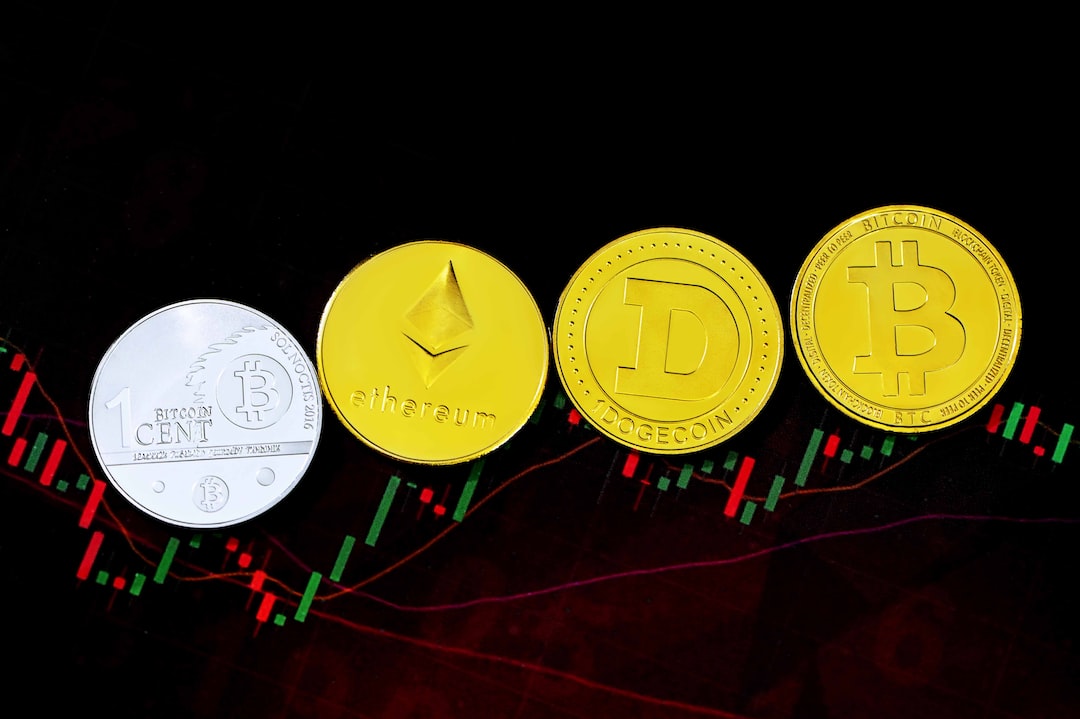The Consequences of FOMO: Are We Truly Enjoying Moments or Just Capturing Them?
Cryptocurrency has revolutionized the way we view and interact with money. With its decentralized nature and potential for high returns, it has captured the attention of investors worldwide. However, along with the rise of cryptocurrencies, we have also witnessed the rise of FOMO (Fear of Missing Out).
FOMO, driven by the fear of not being part of a certain event or experience, has permeated various aspects of our lives, including the world of cryptocurrency. It has contributed to impulsive investment decisions and a loss of focus on the true essence of life. In this article, we will explore the consequences of FOMO in the world of cryptocurrency and question whether we are truly enjoying the present or simply capturing moments for the sake of inclusion.
The Illusion of Quick Gains
One of the most significant consequences of FOMO in cryptocurrency is the illusion of quick gains. The media is filled with stories of individuals who have become overnight millionaires by investing in the right cryptocurrency at the right time. These success stories, combined with the fear of missing out on such opportunities, tempt individuals to make impulsive investment decisions without thoroughly understanding the technology or the project behind a particular cryptocurrency.
By succumbing to FOMO, you may find yourself investing in projects that have little to no substance, resulting in significant financial losses. It is essential to remember that cryptocurrency, like any other investment, requires research and understanding before making informed decisions.
The Risk of Emotional Investing
FOMO creates an environment where emotions dictate investment decisions rather than rational thinking. When you invest in a project solely out of fear of missing out, you are more likely to make impulsive and emotional choices. The volatility of the cryptocurrency market amplifies the consequences of such decisions.
Emotional investing increases the risk of panic selling during market downturns, leading to significant losses. It is crucial to detach yourself emotionally from your investments and focus on long-term strategies rather than short-term fluctuations.
The Impact on Mental Well-being
The constant need to stay updated and not miss out on potential cryptocurrency opportunities can take a toll on your mental well-being. FOMO creates a sense of constant urgency, leading to increased stress and anxiety.
Furthermore, constantly checking cryptocurrency prices and being immersed in the world of investments can hinder your ability to enjoy the present moment. Instead of being fully present and engaged with the people and experiences around you, you may find yourself constantly checking your phone for market updates. As a result, you may miss out on forming meaningful connections and truly enjoying the present.
Regaining Control and Finding Balance
It is important to recognize the consequences of FOMO in cryptocurrency and take steps to regain control over your investment decisions and your life. Here are a few suggestions:
- Do your research: Before investing in any cryptocurrency, take the time to thoroughly understand the technology, potential risks, and long-term prospects of the project.
- Set realistic goals: Define your investment goals and develop a long-term strategy that aligns with your risk tolerance and financial objectives.
- Focus on the present: Take moments to disconnect from the constant noise of cryptocurrency and be fully present in the experiences and relationships that truly matter to you.
- Practice self-awareness: Be aware of your emotions and how they may influence your investment decisions. Take a step back and evaluate your choices from a rational standpoint.
Frequently Asked Questions
Q: Are all impulsive investment decisions driven by FOMO?
A: Not all impulsive investment decisions are solely driven by FOMO. However, FOMO can significantly impact decision-making processes, leading to irrational choices.
Q: Can FOMO be beneficial in investing?
A: FOMO can create a sense of urgency and motivate individuals to research and invest in opportunities they may otherwise overlook. However, it is crucial to strike a balance and not let FOMO dictate all investment decisions.
Q: How can I overcome FOMO in the cryptocurrency world?
A: By staying informed, setting realistic goals, focusing on the present, and practicing self-awareness, you can regain control over your investment decisions and overcome FOMO in the cryptocurrency world.
Q: Is it possible to enjoy the present while being actively involved in the cryptocurrency market?
A: Yes, it is possible to enjoy the present while being actively involved in the cryptocurrency market. By finding a balance between staying informed and disconnecting from the constant noise, you can fully engage in both the cryptocurrency world and the experiences that bring fulfillment to your life.
Edulia Coinfield’s journey from a curious technology enthusiast to a highly regarded crypto educator and analyst is a testament to her passion for knowledge-sharing and the immense potential of blockchain technology. Her contributions to the industry and dedication to empowering others have solidified her position as a prominent woman figure in the world of cryptocurrencies.

